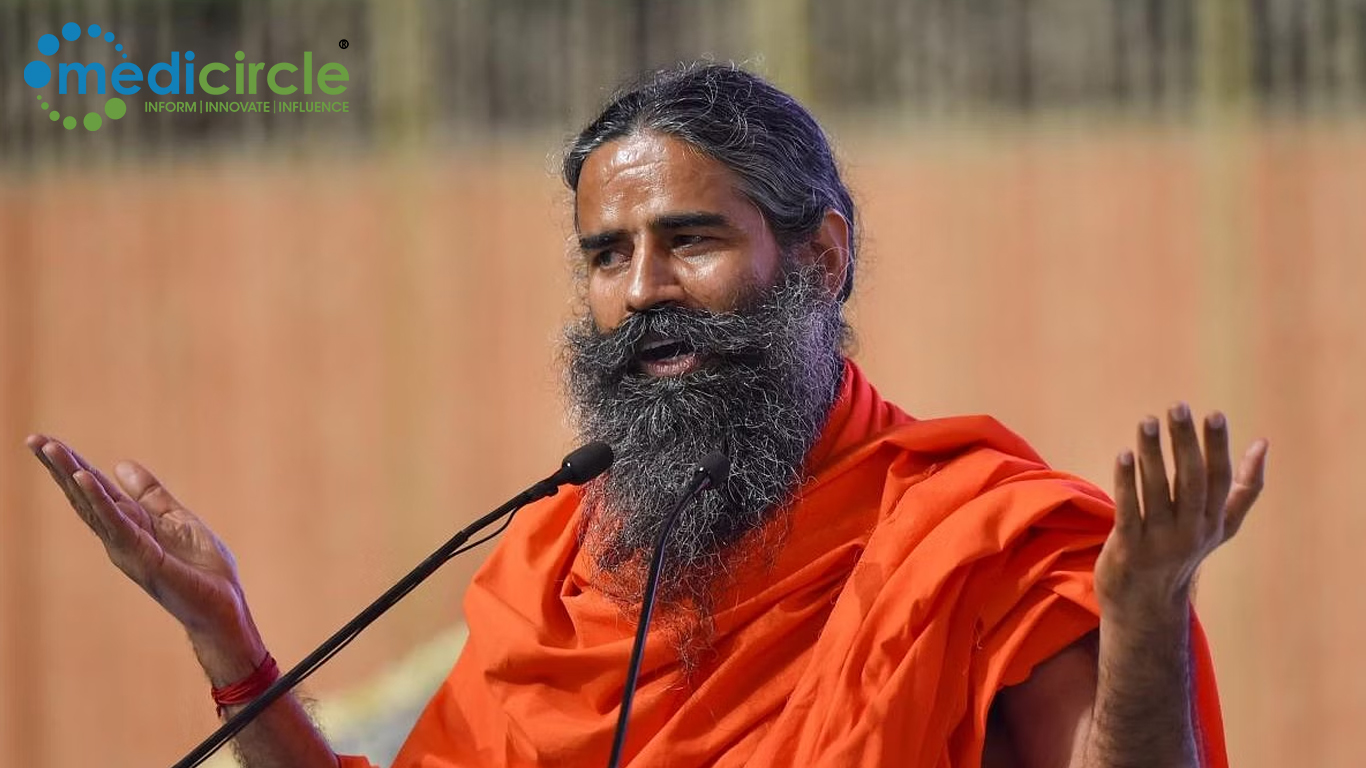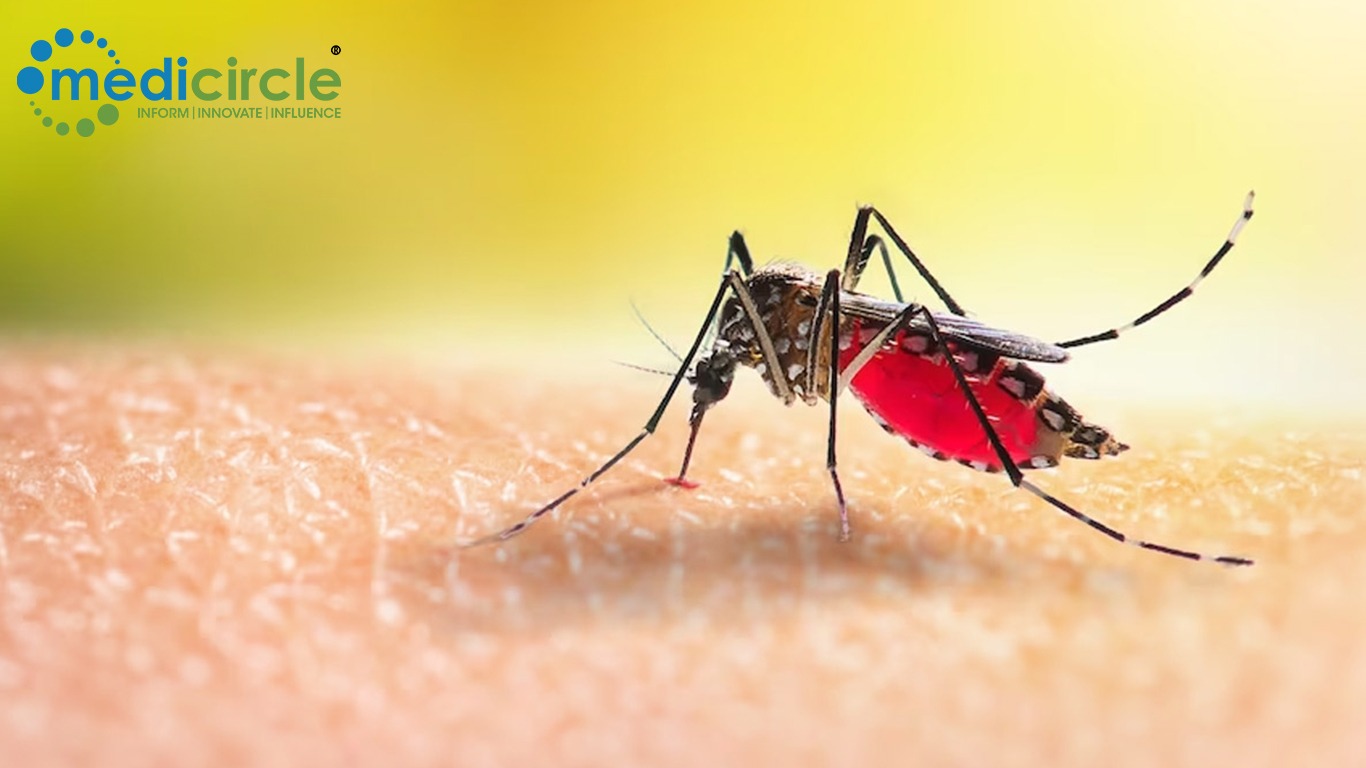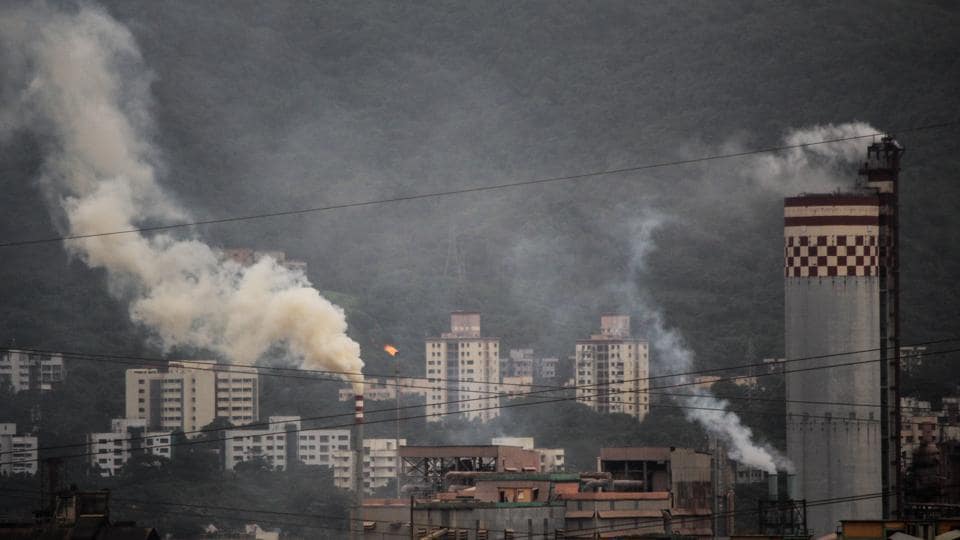More than 3,600 U.S. health care workers perished in the first year of the pandemic according to "Lost on the Frontline," a 12-month investigation by The Guardian and KHN to track such deaths.
Lost on the Frontline is the most complete accounting of U.S. health care worker deaths. The federal government has not comprehensively tracked this data. But calls are mounting for the Biden administration to undertake a count as the KHN/Guardian project comes to a close Thursday.
The project, which tracked who died and why, provides a window into the workings — and failings — of the U.S. health care system during the pandemic. One key finding: Nearly 70% of deceased health care workers for whom we have data identified as people of color, revealing the deep inequities tied to race, ethnicity and economic status in America's health care workforce. Lower-paid workers who handled everyday patient care, including nurses, support staff and nursing home employees, were far more likely to die in the pandemic than physicians were.
The yearlong series of investigative reports found that many of these deaths could have been prevented. Widespread shortages of masks and other personal protective gear, a lack of Covid testing, weak contact tracing, inconsistent mask guidance by politicians, missteps by employers and lax enforcement of workplace safety rules by government regulators all contributed to the increased risk faced by health care workers. Studies show that health care workers were more than three times as likely to contract Covid as the general public.
"We rightfully refer to these people without hyperbole — that they are true heroes and heroines," said Dr Anthony Fauci in an exclusive interview with The Guardian and KHN. The Covid deaths of so many are "a reflection of what health care workers have done historically, by putting themselves in harm's way, by living up to the oath they take when they become physicians and nurses," he said.
Lost on the Frontline launched last April with the story of Frank Gabrin, the first known American emergency room doctor to die of Covid-19. In the early days of the pandemic, Gabrin, 60, was on the front lines of the surge, treating Covid patients in New York and New Jersey. Yet, like so many others, he was working without proper personal protective equipment, known as PPE. "Don't have any PPE that has not been used," he texted a friend. "No N95 masks — my own goggles — my own face shield."
Gabrin's untimely death was the first fatality entered into the Lost on the Frontline database. His story of working through a crisis to save lives shared similarities with the thousands that followed.
Maritza Beniquez, an emergency room nurse at Newark's University hospital in New Jersey, watched 11 colleagues die in the early months of the pandemic. Like the patients they had been treating, most were Black and Latino. "It literally decimated our staff," she said.
Her hospital has placed 11 trees in the lobby, one for each employee who has died of Covid; they have been adorned with remembrances and gifts from their colleagues.
More than 100 journalists contributed to the project in an effort to record every death and memorialize those who died. The project's journalists filed public records requests, cross-connected governmental and private data sources, scoured obituaries and social media posts and confirmed deaths through family members, workplaces and colleagues.

 Death of US healthcare workers hits hard
Death of US healthcare workers hits hard





.png)














.jpeg)



















.jpg)
.jpeg)